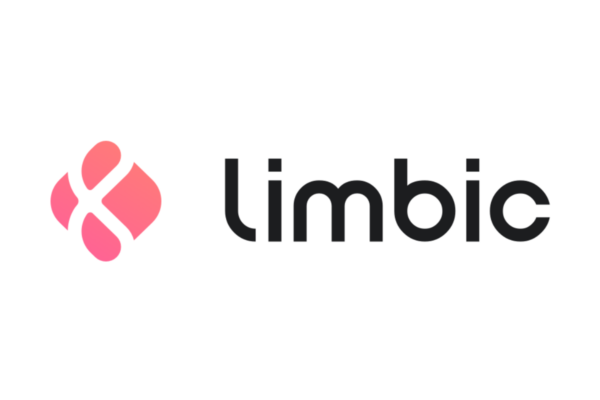
The challenge
Mental illness is the largest cause of disability in the UK. One in four adults experience a mental health problem each year, costing the NHS £14.6 billion (11% of NHS budget). The NHS Long Term Plan aims to improve access for 1.9 million adults seeking mental health support. The numbers of mental health professionals have not increased in the last 10 years, one in 10 mental health posts are vacant nationally and mental health clinicians are leaving their posts, a gap that has been exacerbated due to the pandemic. Furthermore, current access is at 75% of pre-Covid levels.
There is insufficient clinical supply to match patient need, negatively impacting:
- Patient wait times
- Recovery rates
- Patient’s drop-off from waiting list
- Poor user satisfaction
- NHS Costs
- Staff well-being and retention
The average wait-time for a clinical assessment in the NHS is 22 days. Additional pain points for patients and NHS staff at Talking Therapies services are:
- Patient drop off from data collection at point of referral.
- Lack of 24/7 access.
- Less effective clinical session from poor data collection.
- Time spent on filtering patients who are not relevant for the service.
The solution
Limbic’s vision is to ensure the highest quality therapy is accessible to everyone, everywhere. The way that is done is by deploying AI responsibly, using it to augment clinical care and reduce barriers to accessing therapy at scale. Limbic is already used in over 25% of Talking Therapies in the NHS and is deemed safe and effective after successfully gaining UKCA Class IIa certification, the only AI mental health decision support tool to do so.
Limbic is an AI-powered clinical assessment chatbot which better connects patients to NHS psychological talking therapies. Limbic Access screens referrals, collects patient-data, and uses deep-learning to stratify risk patients and enables services to implement efficiencies. Limbic currently supports 20% of England’s population mental health needs, having enabled over 150,000 referrals.
The chatbot helps people access mental health support, reducing barriers to access particularly for patients in underrepresented minorities (including sexuality, gender, ethnicity, disability). It engages patients in an accessible way, ensuring they receive the right care from the right service, at the point of highest motivation. It results in higher quality care while saving clinicians precious time, leading to lower staff burnout.
The impact
- Up to 30% increase in patients completing referral.
- 23.5% reduction in assessment time – a saving of 12.7 minutes per referral.
- 18% reduction in treatment dropouts.
- 45% fewer changes in treatment, due to increased triage accuracy.
For more information, visit: https://limbic.ai/